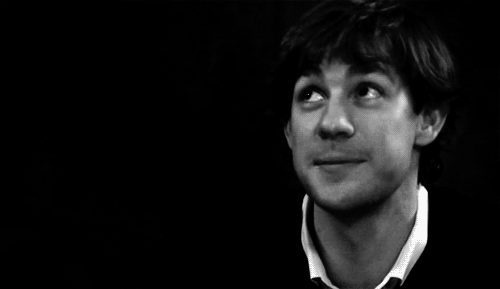The downside of this new found independence is that I’ve opened myself up to a whole, new world of hurt and heartbreak. I’ve been burned by investing in shows that don’t quite spark the same interest in TPTB. Of course, these powers consist not just of network executives or programming managers, but also the American audience. It’s a frustrating position to be in, when your tastes are not accounted for in the decision-making process for renewals.
Creating a show that is both a commercial and critical success can be an arduous task for networks. Some showrunners hit the jackpot with their first show, while others have to wait a while to taste the success they deserve. Brand power ensures that these producers, directors or writers will probably find a network willing to finance the show, but the pressure to succeed, and succeed fast and big, means many shows never get the showcase they need to develop their audiences. Joss Whedon’s success with Buffy allowed him the liberty to go on and create Angel, Firefly and Dollhouse, each with diminishing commercial returns for their parent networks, being cancelled well before all the stories left to be told had been told. Despite this, the very devoted Whedonite fandom has ensured his stories always find an avenue for closure (often in the form of comics and movies). The success story of Firefly after cancellation overshadows even that of Arrested Development, with rabid fan support convincing Universal to produce the tie-in movie Serenity, fan-made documentaries, and even a sequel to Serenity, money raised for Whedon’s favorite charities as well as an attempt to buy the rights from Fox studios (incidentally, the same group that cancelled not one, but two of his shows).
But my acceptance of this inability to affect programming didn’t come without the necessary preceding stages of denial and anger. The same year that ABC invested in the most expensive pilot of all time (until Boardwalk Empire) and gave us Lost, the Fox network dropped the ball on Wonderfalls just four episodes in. If you’ve never witnessed the charm with which Bryan Fuller creates the slightly supernatural and the mostly macabre, then you need to track down DVDs or online streams for this show. Watch the animal figurines tell Jaye to let Eric go and feel the crushing sensation of knowing there will never be any more scenes with Aaron and the cow creamer.
Of course, not all promising but ultimately ill-fated shows get mercilessly cancelled in their first year. Some manage to make the cut at first, but somehow always seem to be at risk. Chuck, Fringe, Parenthood, Southland and Cougar Town all suffered from a lack of faith shown by their respective networks, and with the uncertainty of being cancelled always hanging over their heads, the writing suffered. Parenthood closed off each season finale as a series finale just in case, making each season finale a little too neat and saccharine and thus losing most of the poignancy it delivered throughout the rest of the season. Chuck seesawed between cancellation and revival led to shorter orders of episodes, so the showrunners could never pace the show at its optimal potential and story arcs seem rushed at best. Southland (RIP) and Cougar Town both switched networks, but continued to struggle with ratings.
Over time, I’ve learned to relegate all these potentially doomed shows to being watched when their seasons end, closing myself off to the feels they may bring with their storytelling and the frustrations attached to their renewals. Some day, I might be able to convince my heart that they’re just television shows, and like in life, they don’t always get the ending they deserve.
Shazia is part bionic, part crazy (parts not mutually exclusive), and would be happy conversing solely in TV quotes, forever hopeful of being one-upped in her obscure TV references. She blogs here and microblogs here.






